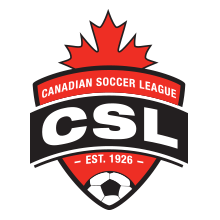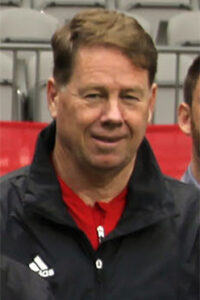It was near the end of April 1998 when Gerard Houllier arrived in Toronto to be part of a 3-day coaching session, giving priority with the visit to help Canada become a world contender in soccer.
It was a surprising visit given that Houllier was one of the busiest soccer administrators in the world at that time-frame with the World Cup finals in France just weeks away and he was the top technical man in charge of coaching and player development for the French FA. He also carried the additional responsibility of being a member of the FIFA technical team for the big event kicking off the beginning of June.
Houllier was a star in world technical circles and was tipped to be manager of the national team after leading Lens to promotion and qualification for the UEFA Cup before he moved to Paris Saint-Germain in 1985. Under Houllier, PSG won the French title the following year.
Houllier eventually became assistant manager followed by manager of the French national team in 1992.
With World Cup fever building, the weekend visit of Houllier to Toronto attracted a lot of attention in the soccer community and 200 coaches from across Canada registered for the three weekend sessions staged by Bryst International Soccer Academy. It was a full house and in his opening remarks Houllier explained his surprising presence by saying “I’m here because Gary Miller is my friend.”
Miller, the president and founder of Bryst International Soccer Academy was often described as a top technical man with a passion for Canadian soccer and one of the best in skills training. He always considered Canada needed the best advice the world could offer if this country is to progress beyond the qualification stage in the World Cup. The need to bring overseas coaches and player development specialists to strengthen Canada’s coaching would lead to more special players.
Gary Miller, the director of soccer operations with Ontario Soccer who died following a heart attack on May 13 at the age of 63, had an international perspective driven by his desire to see Canada on the world stage. He was persistent in planning similar visits by world coaches and high level technical men and during the year prior to Houllier’s visit it was Frans Hoek the former goalkeeper coach with Ajax. There were many before and afterwards.
Miller showed his appreciation for the expanding and stronger soccer academy community in Canada, and the need for stronger competition on the field of play, all necessary to accommodate young Canadians with promise. He held an appreciation of the Canadian Soccer League and was an important figure in the forming of the Canadian Premier League and Ontario’s League1.
Miller played at Western University in the 1970s and was inducted to the Western Mustangs Hall of Fame in 2004. He was a technical director with the Ontario Soccer Association from 1985 to 1990 and served as the director of high performance from 1992 to 1994 before returning to Ontario Soccer in 2015 to become director of soccer operations. He also served as the Canadian Soccer Association’s high performance director from 1990 to 1992.
The comment by Houllier during his opening remarks to open the weekend workshop was a reflection of the considerable respect of Gary Miller held by a great many high level technical specialists in football world-wide. At the same time, Miller’s very friendly disposition produced a very large community of those in Canada and elsewhere who considered the Bryst Academy founder easy to like and to work with. He became a friend to so many.
Gary Miller was a great husband and father and was survived by his wife Cindy, daughters Stephanie and Briana, and son Ryan.


